The geospatial industry has made progress in recent years in acknowledging the significance of diversity, equity, and inclusion (DEI) in improving organizational performance and is embarking on sustained efforts to address the existing gaps. The World Geospatial Industry Council (WGIC), during a panel discussion at INTERGEO 2023, explored the DEI gap areas, such as lack of leadership diversity, and emphasized that diversity in leadership extends beyond demographic representation to encompass a diversity of thought and perspectives.
Centering the discussion around the theme “Leadership Diversity in the Geospatial Industry: Fostering Innovation and Inclusivity,” the panel brought together several industry leaders, including Lora Burns from Diversified Communications, Clinton G. Johnson of Esri, Pooja Mahapatra representing Fugro, Albert Anoubon Momo from Trimble Geospatial, and Olivia Powell from the Office of National Statistics.
Panel Discussion Highlights
The discussion delved into the heart of DEI issues, focusing on the current state of leadership diversity in the geospatial sector. While underscoring the benefits of diverse leadership teams, the panelists articulated how diversity goes beyond mere representation, fostering an organizational culture that is more inclusive, innovative, and engaging. They pointed out that diverse leadership teams are better equipped to understand and meet the needs of a varied customer base, leading to improved decision-making and financial performance.
Addressing fair hiring and promotion practices, the panel advocated for unbiased and transparent processes, ensuring that diversity is an integral part of organizational policies rather than a symbolic gesture.
The panelists highlighted the value of cultivating inclusive leadership cultures that genuinely embrace diverse perspectives and voices, advocating for a transformation in mindset and practices rather than mere adherence to diversity metrics.
Challenges and Strategies
Recognizing the challenges in achieving diversity, panelists identified systemic biases and unequal access to opportunities as barriers to reaching leadership roles. They shared insights on strategies to overcome these hurdles, emphasizing the need for proactive diversity policies and a commitment to equitable practices at all organizational levels.
The panelists stressed the significance of active goal-setting, mentorship, and sponsorship programs. These initiatives are crucial in empowering underrepresented groups and nurturing future leaders in the geospatial industry.
Measuring Progress
The panel explored various metrics, including demographic representation, pay equity assessments, and employee feedback mechanisms, as tools to measure progress in terms of DEI. These metrics, they argued, are essential for holding organizations accountable and ensuring tangible progress.
Additionally, the panelists explored the potential for cross-sector collaboration. They pointed out that forming academic partnerships and learning from other industries can provide innovative strategies and fresh perspectives for promoting leadership diversity.
The INTERGEO 2023 panel discussion was not just a conversation but a call to action. Setting a progressive tone for the geospatial industry paved the way for the subsequent DEI Trailblazer Awards ceremony, marking a significant step towards a more diverse, inclusive, and innovative geospatial sector.

Leadership Diversity in Geospatial Industry – A WGIC Perspective
The report underscores the imperative of diversity in organizational leadership, deriving wisdom from the WGIC DEI Committee and dialogues within the WGIC membership. Providing in-depth insight into diversity, it catalyzes discussions for fostering an inclusive leadership culture in the geospatial sector.



